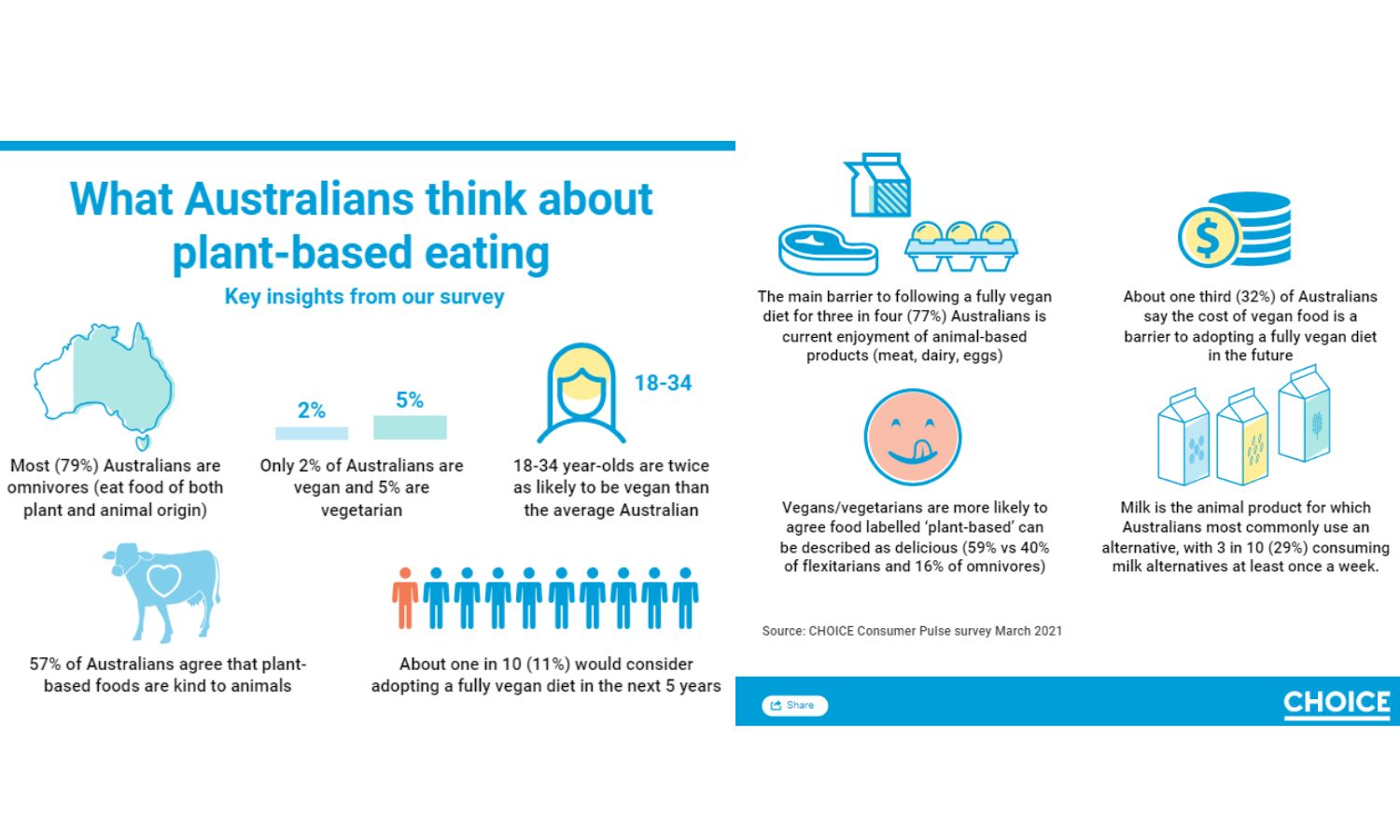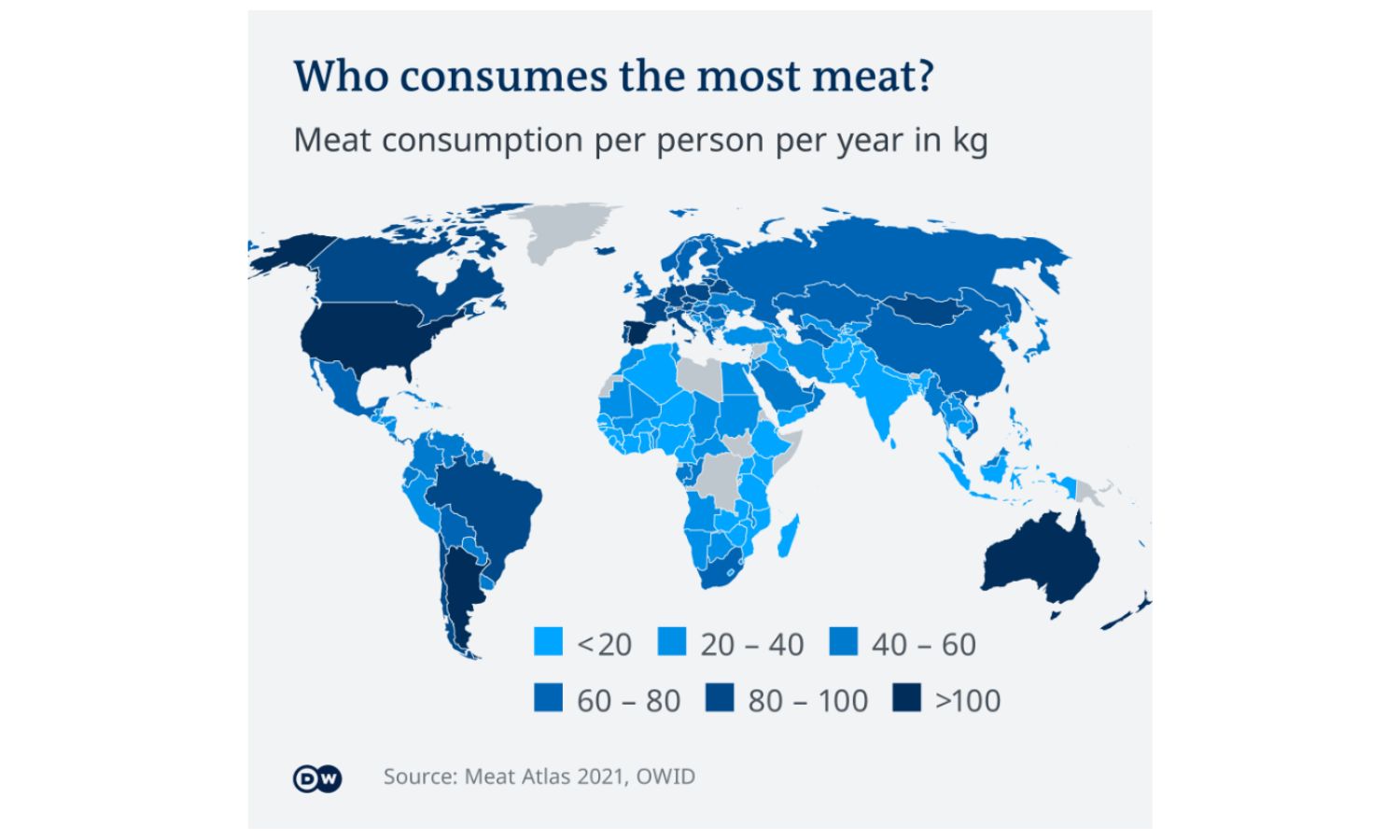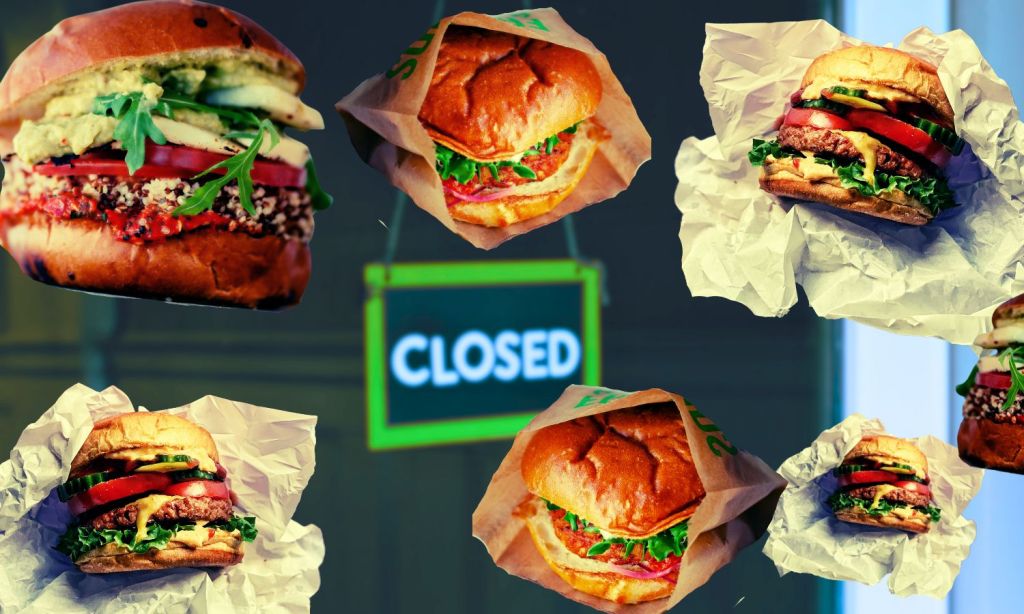Guzman and Gomez, the popular Australian-based Mexican fast food chain, devastated non-meat eaters recently when they quietly dropped a popular vegan menu item. The shredded mushroom — a BBQ-inspired mushroom protein filling — was unceremoniously bumped off their offerings to the disdain of a small but vocal group of devotees.
People are continuing to vent their frustration at the decision on social media, with many claiming it was the only item they frequently ordered and that they won’t be returning to settle for the sole remaining vegetarian option: sauteed vegetables and guacamole. There is even a Change.org petition demanding the return of shredded mushrooms.
The company has apologised online but seems resolute in its decision not to revive the cult favourite vegetarian filling.
GYG is, however, not the only company to do away with meat-free options. The scrapping of shredded mushrooms is just the latest in a series of cutbacks by ‘quick serve’ chains, restaurants, and supermarkets that have been leaving vegan and vegetarian customers increasingly isolated when it comes to grabbing a quick bite.
Mad Mex did something similar in 2022 by quietly removing their spicy vegan chicken option. The company, which has previously opined about the climactic need to change diets and once changed its name to Mad Vegan for World Vegan Day, replaced the vegan chicken with a plant-based beef mince which its customers claim is simply not as good.
This was much the same as 7-Eleven, which announced in 2020 a new range of vegan pies and sausage rolls. The vegan options appear to have been slowly phased out in the following years and now there is no mention of them on the 7-Eleven website. The company has, however, said that the vegan sausage rolls are still in production, although many online claim difficulty in finding it.
At the same time, Zeus Streek Greek has dropped one of its plant-based items while Woolworths has stopped stocking a range of vegan jerkies they used to carry. McDonald’s also dropped their McPlant burger and both Dominos and Hungry Jacks have similarly slimmed down their non-meat options.
These examples are all part of a much broader trend. Food companies, aware of the role that meat-heavy diets play in contributing to ecological destruction and rising greenhouse gas emissions, appear to have been happy to jump on the trendy bandwagon for a quick PR hit. As the economic conditions turn stormy, however, it seems the meat-free alternatives are the first to be jettisoned.
Why Are Australian Chains Dropping Their Vegan and Vegetarian Options?
In a word; cost. When defending their removal of the shredded mushroom option, a GYG spokesperson has previously said publically that the filling was no longer economically viable.
“Unfortunately, our shredded mushroom filling wasn’t selling enough to stay on our menu at this time,” they said.
The argument seems at odds with financial statements that show the company has recorded a 31% growth in national sales since last year. GYG — which opened its first restaurant in the vegan stronghold of Sydney’s Newtown, no less — has also recently embarked on a mission to break into the US market.
They are one of the largest ‘quick serve’ restaurants in the country and currently have 202 locations across Australia, Japan, Singapore, and the US, with plans to open 40 new locations in Australia each coming year.

GYG has responded to speculation that upcoming plans to float the company of the ASX have demanded greater tightening. In a statement issued by a GYG spokesperson to The Latch, the company stated that “There is no correlation whatsoever with the deletion of this product and any business plans in future”.
“Unfortunately, [the shredded mushroom] just wasn’t a popular menu item, and sales were declining. The filling didn’t resonate as well as our sauteed vegetables and guac filling so the decision was made to delete the product,” they said.
This is the same reasoning given by Zeus Street Greek, who have also quietly removed their plant-based lamb recently, although without the fanfare and public backlash experienced by GYG.
“Straight up and honest, it just wasn’t selling,” Claire Rhiannon, Head of Marketing at Zeus, told The Latch over the phone.
She went on to explain that their menus are updated seasonally and that they’ve had an excellent response to their plant-based chicken option, which isn’t going anywhere.
“We took out the lamb, and we brought in the Athena, which is a sweet-potato-based wrap, so we took one out and put one in,” Rhiannon explained.
“A lot of the decisions that we make around the menu are really down to sales and stock. It’s the usual stuff with restaurants. If you’ve got things sitting there, not selling, then we tend to shake it up.
“But we do try. If we take something out that’s vegetarian or vegan, we do try to replace something for sure”.
As an aside, Rhiannon also explained that the plant-based lamb was simply “too realistic” for non-meat eating palettes. Herself a vegan, Rhiannon said, “I found the lamb quite jarring in some ways and that was definitely coming through in the feedback that we had had in general.”
Plant-based meat alternatives are frequently critiqued for their high cost. A 2021 report by Choice found that Australians can pay up to double the cost for items labelled as ‘vegan’, despite some having the same ingredients as products labelled otherwise. Outside of marketing, though, and owing to the ingredients required to match meat on taste, it’s still far more expensive to make vegan alternative meat items.
Beyond Meat and Impossible Foods, two of the leading global vegan meat companies, have been chasing price parity with meat for years, but, by some estimations, the cost of production is likely to remain higher than meat for up to nearly two decades.
Australia is not the only country pulling back on plant-based meat. The Choice survey revealed that health is the number one reason Aussies are cutting back on meat. Since the 2020/2021 boom in vegan alternatives, awareness has grown around the actual health values of these items, which are often not much better than meat itself.
Following the COVID boom, when people had money to spend and were looking for novelty, plant-based saw a spike. Since then, however, both Beyond and Impossible have each had to lay off up to a quarter of their staff as people turned back to their usual eating habits.
Has Australia Fallen Out of Love With Plant-Based?
For a country deeply tied to its cattle farming and love of BBQs, accepting that cutting down on meat is a necessity, as made clear by the United Nations Intergovernmental Panel on Climate Change, has been hard to swallow.
When the wave of plant-based options came through in 2020/2021, it felt as though Australia was turning a corner. However, despite data showing that Australia’s non-meat-eating population is growing and that Australians are eating less meat as part of their diets in general, the commercial side of things seems to have given way.
The CSIRO, which helped start Australia’s leading meat-alternative company, V2Food, reported that the market has stalled this year. V2 was forced to close its Wodonga facility earlier this year, while Harvest B, a Sydney-based supplier of plant-based meat ingredients, failed to secure further investment from Woolworths. In Sydney alone, more than a dozen vegan restaurants have closed in the past two years, including the much-loved Bodhi, which ceased trading in July after 34 years.
As mentioned above, cost of living factors play a role. If a product isn’t selling, it makes little financial sense to keep it on the menu. However, Simon Toohey, the plant-based advocate of Masterchef fame, told The Latch that these economic decisions “miss the mark.”
“We really need companies to think less about their back pocket and big dollars because they’re obviously making a lot of money these people and more about supporting local businesses who are trying to create a sustainable future,” Toohey said over the phone.
“It’s just sad to see people taking things away before it’s actually reached a level of being able to add something”.

Perhaps it’s a conversation that Australia simply isn’t ready to have. We might be interested, but we’re not ready to give up the meat and arguments around the ethics of consumption tend to rub people the wrong way. Toohey notes that being a vocal supporter of plant-based foods in the national spotlight has come with its own set of challenges.
“The amount of abuse you get from that, it’s insane,” he said.
“Australia has this amazing chance to become a forward thinker and a forward producer of plant-based, sustainable lifestyles – whether that’s food-related or climate-related, through solar or wind, or regenerative-based agriculture or horticulture.
“And yet we have this disdain for people who are wanting to make a change. It’s crazy that we have these, I guess, negative connotations towards those who are just focusing on eating a better, healthier diet, both for personal reasons and for the climate”.
Rhiannon notes that Zeus also faced backlash when they debuted their vegan offerings.
“When we first launched … nearly three years ago, farmers were attacking us on social media. They were sort of saying, ‘You’re not allowed to call it lamb or chicken!’
“Our response very much, ‘That’s what it is. It’s a vegan lamb’… We weren’t really entertaining it, it was just a case of we would reply saying ‘Sorry, you feel that way. We’re still gonna serve this to our vegan and vegetarian customers”.
The Australian vegan and meat alternative market was never as developed as others like the US and the UK. Expats report greater difficulty in finding a range of meat-free meals on menus in metropolitan areas, while rural and regional areas are essentially a no-mans land. Perhaps the country hasn’t fallen out of love with plant-based products: it just never was to begin with.
A Grand Conspiracy?
Online, following the removal of GYG’s shredded mushroom, rumours circulated that ‘big meat’ had finally got their mark and that the product was taken down because of shady, behind-the-scenes lobbying.
It’s not beyond the realms of possibility, given that the might of the meat industry abroad has been reportedly swaying government policy over labelling issues and subsidies for their products.
Here in Australia, an inquiry was launched in 2021 by Queensland Senator Susan McDonald to restrict vegan-alternative protein products from using the names of meat in their labelling. A “mandatory regulation framework” is thought to be forthcoming, along with a review of the placement of fake meat items in supermarkets. The government has, however, been criticised by an “extremely frustrated” agricultural sector for dragging its feet on the issue.
As far as we can tell, there is no grand conspiracy at work behind this particular change. GYG told The Latch that “There is absolutely no truth to this at all” while Rhiannon from Zeus said that it’s “certainly not something on our radar.” Other businesses contacted, who did not wish to be mentioned, repeated the same sentiment.
“We haven’t heard from anyone in the industry trying to sway our decision-making on our plant-based items. Plant-based is doing really well; there’s no way we would take them off,” Rhiannon said, noting that Zeus has ‘only’ 30 restaurants across the country and is likely too small to be the target of an orchestrated attack.
GYG’s shredded mushroom is supplied by Fable, an Australian mushroom-based meat alternative company headquartered in the Sunshine Coast and supported by iconoclastic British chef Heston Blumenthal. Speaking to The Latch, Fable’s Communications Director Anna Le, said that the deal with GYG ended in Australia purely on business terms and that the two companies continue to work together to sell shredded mushrooms as an option in Singapore, where it does well. GYG also confirmed this.
“Naturally, of course, we were very disappointed about the news,” Le said.
She noted that the decision, however, will not stop the company from continuing to expand in its core markets of Australia, the UK, and the US.
“The UK is a much more mature and developed market in terms of plant-based eating,” Le said
“Australian beef is a big part of our cultural DNA. As with anything worth doing, paving the way for a more sustainable food system is a battle, but it’s a battle worth having”.
The reason that it’s important to keep these options in restaurants is this. Plant-based options in quick-serve restaurants are not typically targeted at vegan and vegetarian customers. This may sound counterintuitive, but there simply isn’t a viable market as of yet to cater exclusively to those categories of consumers. According to Choice, just 2% of the population is vegan, and 5% is vegetarian. As the experience of Zeus makes clear, not all of those people want fake meat alternatives. The struggles of vegan-only chains like Lord of the Fries, SoulBurger, and the newly-opened ‘vegan McDonald’s’, Mr Charlies, to corner the market are telling in this regard.
Rather, fake meat items are aimed at so-called ‘flexitarians’ and those who are otherwise trying to cut down their meat consumption. A 2022 Griffith University study found that these people make up around one-third of the market. Through ‘choice architecture’, economists have proven that giving people the option of plant-based items has more success in lowering meat consumption overall than cutting meat items altogether or otherwise removing access to animal-based foods. Doing the latter tends to result in backlash – on both sides.
Toohey argues that the extremism exhibited by some sectors of the vegan community is detrimental to the cause, as is the outrage expressed by some over the mere availability of meat-free alternatives. The food landscape here, like so much else, has become toxic.
“When it comes to restaurants and fast food places, I want to see a holding of hands. It’s not us and them, it’s not all or nothing, it’s got to be a symbiotic relationship, we’ve got to stop disliking what other people are doing,” he said.
“You’ve got to ease them into it; you’ve got to slow it down. You’ve got to offer them really good food offerings.
“By taking food offerings away, like with GYG and the pulled mushroom, taking that away is just not allowing anyone to be educated towards things that are great. And things that are conscious of the climate, things that are conscious of the future of the world, and people who try to make a change”.

Australia will have to reckon with its diet someday — by many accounts, that day is well overdue. Meat-heavy diets, by some accounts, create twice as many carbon emissions as plant-based ones. Livestock farming makes up roughly 15% of global greenhouse gas emissions while taking up 78% of agricultural land. In many places, this land is carved out of rainforest and other carbon-sink habitats, doubling its climate destruction. In order to reach carbon neutrality by 2050, the equivalent of the entirety of Europe would have to stop eating meat. Australia, which has already warmed by an average of nearly 1.5 degrees, is on the frontline of climate destruction.
The outlook is not entirely gloomy, however. A state of the plant-based industry report is due next year, which is likely to recommend a rethink of Australia’s capacity and a switch to local markets and local production. Despite the setbacks, it’s still a market expected to be worth $3 billion by 2030.
Fable, while obviously knocked by the loss of GYG as a domestic customer, agrees that there is still much to look forward to when it comes to changing diets and minds.
“We are hopeful that we can be part of that change. I think that this might be a little bit of a hiccup in the road, but there’s a lot in the future to be hopeful for, and we just want to be part of helping drive that change over time,” Le said.
“It might not happen overnight or in six month’s time, but we’re doing all we can to help drive the plant-based and sustainability movement forward.”
Related: Vegans Rejoice! There’s Better Tasting Cheese Coming, Thanks to This Uni Professor
Related: What Is Veganuary? Here’s Everything You Need to Know
Read more stories from The Latch and subscribe to our email newsletter.







